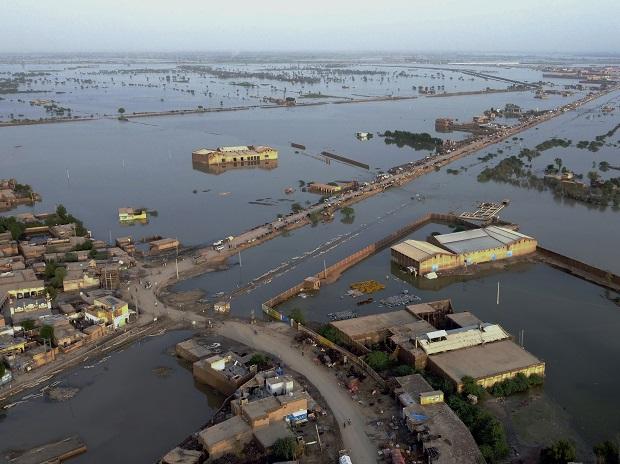According to renowned economist Dr. Hafiz A. Pasha, the cumulative total of losses from severe flooding due to GDP growth, capital assets, livestock, and other factors has reached $22-$24 billion.
He stated his concern that the faltering economy of Pakistan could suffer $30 billion in total losses across all accounts. “We have calculated estimates of cumulative losses and just shared them with the government. According to our calculations, the country suffered economic losses of $12 billion as a result of the decline in GDP growth. $6 billion in losses resulted from the capital cost due to damages to homes and other infrastructure.
$4 billion in losses from livestock and about $2 billion from other sources. So, overall, the workout losses were between $22 and $24 billion when we shared our estimates with the government a few days ago, according to renowned economist Dr. Hafiz A. Pasha, a former minister of finance, in an interview. Given the country’s record-breaking rains, he predicted that the total accumulated damages could reach the $30 billion mark.
The administration quickly produced its initial estimate of losses and suggested the $10 billion mark after witnessing this unprecedentedly violent flood. The price then increased to $12.5 billion. As a result of an upward revision to this cost, the government calculated losses of $18 billion. The UN Secretary-General visited Pakistan in the interim and reported $30 billion in total losses.
Research Advisor for the State Bank of Pakistan Dr. M Ali Chaudhry tweeted, “we find FY23 estimate of GDP growth reduces to roughly 2% as per end-August data” (against the envisaged target of 5 percent).
“We might be entirely mistaken. Going back to the 2010 floods, we do a countercheck. The difference between our in-sample estimate for FY11 growth post-floods and the actual 3.6% real GDP growth is 10 basis points. This gives this strategy some confidence, although a bottom design could be preferable,” he noted. He said that as additional tehsil-level data become available in the upcoming weeks, they would continue to fine-tune the high-level estimations.


